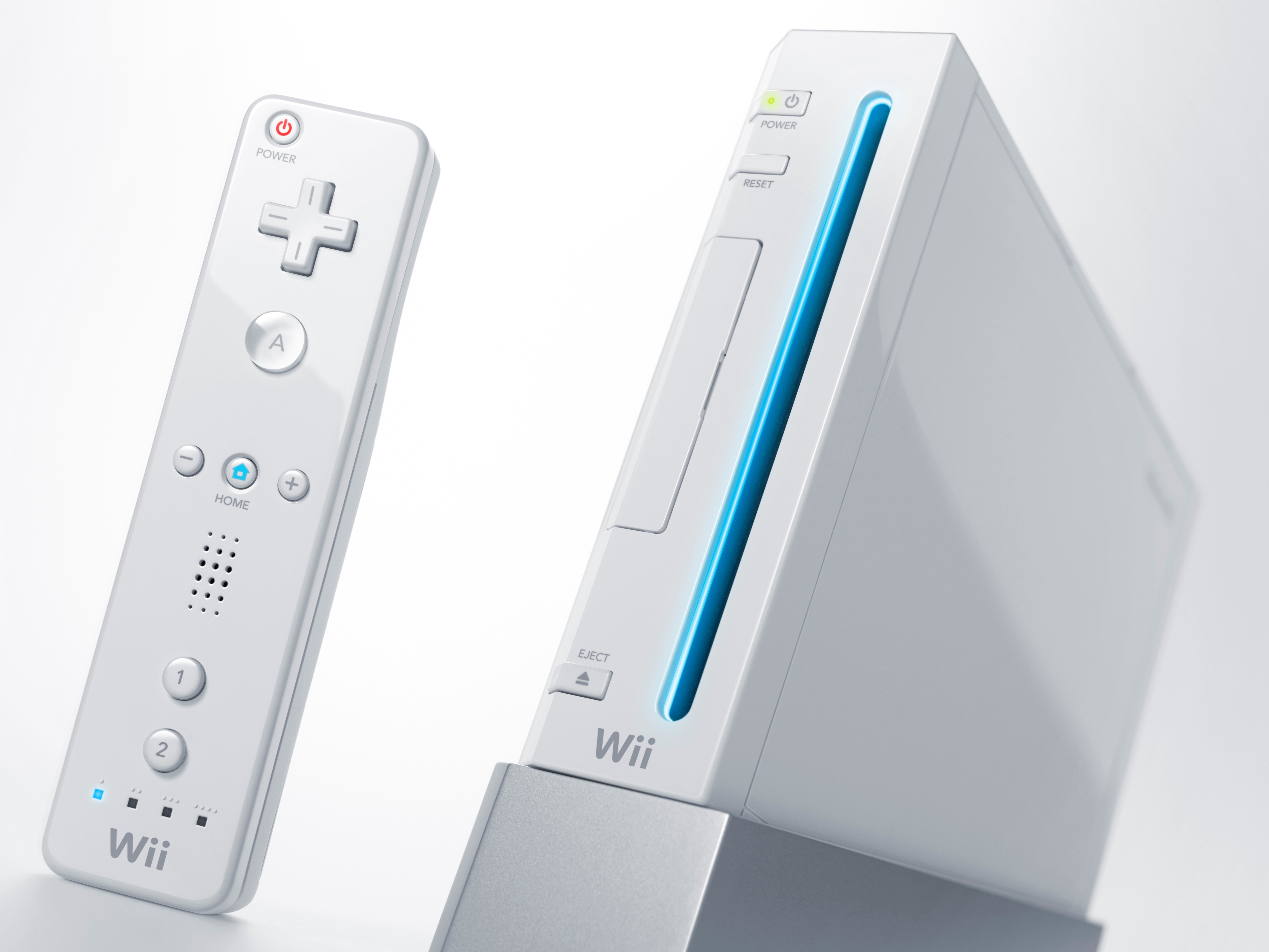Five years of Wii-ing
Nintendo's console is happy, not hardcore

Time flies when you're having fun. Five years ago Nintendo launched its innovative console in the EU, and we were still sniggering about its name.
Or at least I was: I haven't been so amused by a product name since Mazda brought us the Bongo Friendee. So five years on, what has the Wii brought us beyond supermarket shelves stuffed with shovelware?
I think the Wii is like the Romans in the famous Monty Python scene: other than Kinect, and PlayStation Move, and iPhone accelerometer gaming, and the Wii U, what did the Wii ever do for us?
The console formerly known as Revolution was a revelation, but I think the most interesting thing about the Wii isn't the hardware: it was its customers. The Wii is a games console for people who don't really like games.
I should probably explain before Mario comes round my house and gives me a good spannering.
I'm not being snobbish here - I don't feel that my favoured FPSes are in any way superior to someone else's platformers or strategy games or dancing games or whatever - but when you compare the charts for the different consoles there's a clear difference in what people play on Wii and what they do on other devices.
On Xbox it's all WAR WAR WAR FOOTIE WAR WAR SPACE WAR, with a bit of Kinect Sports to lighten the mood.
Get daily insight, inspiration and deals in your inbox
Sign up for breaking news, reviews, opinion, top tech deals, and more.
Over in PlayStationLand it's WAR WAR WAR WRESTLING WAR GANGSTERS. Even the iPhone gamers fancy a bit of shooting or stabbing between games of Words With Friends. On the Wii, though, the bestsellers involve dancing, dancing fitness, dancing ABBA and dancing plumbers.
Dancing about architecture
Casual gaming is a brilliant thing, not a bad thing - it's made Nintendo enormous amounts of money and delighted millions of people in the process.
I don't think it's controversial to say that where most consoles are primarily for teenage boys, the Wii's much more family-focused - so much so that the odd game with more hardcore appeal dies a death. Dead Space Extraction was a hoot, but it, and similarly adult titles such as Madworld and House of the Dead: Overkill, sold about four copies each.
The Wii couldn't broaden its appeal to include more hardcore gamers - its previous-gen guts didn't help in that respect - but the danger for Nintendo is that both Sony and Microsoft (and to an extent, Apple) now have kit that embraces the Wii demographic.
My Xbox spends more time running Fantastic Pets than it does FPSes, and kids' TV channels are packed with ads for the kind of Kinect and PS Move titles that your mum would pick up in the supermarket.
Nintendo knows this, but rather than compete it's going in a different direction. In an interview with Time, Nintendo's Reggie Fils-Aime says that the Wii U will target "consumers who have heard about Wii for the past couple years [but] it was economically out of their reach."
And that makes me confused, because many of the launch games I've read about are aimed at gaming's hardcore - the same hardcore who didn't buy the hardcore games on the existing Wii. As much as I love EA boss John Riccitiello's vision - "Imagine a shooter like Battlefield with jaw-dropping graphics and smooth animations from the Frostbite engine, brought to you on a Nintendo system with that brilliant controller" - the vision I have in mind is rather different.
I hope I'm wrong, but the vision I'm thinking of is the vision bit of ASDA's sound and vision department, where the games are kept. The Wii U aisle is full of games, and they're selling in big numbers.
And they all involve dancing, dancing fitness, dancing ABBA and dancing plumbers.
Writer, broadcaster, musician and kitchen gadget obsessive Carrie Marshall has been writing about tech since 1998, contributing sage advice and odd opinions to all kinds of magazines and websites as well as writing more than a dozen books. Her memoir, Carrie Kills A Man, is on sale now and her next book, about pop music, is out in 2025. She is the singer in Glaswegian rock band Unquiet Mind.
